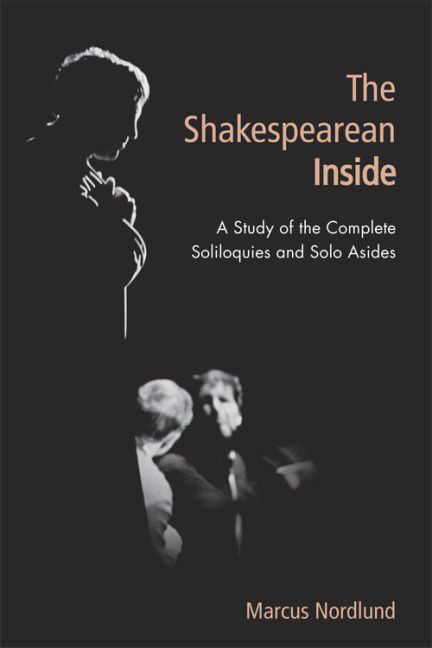3 - Dialogue
Published online by Cambridge University Press: 08 August 2017
Summary
After years and years of battering their soldiers’ heads against the walls of Troy, the Greek commanders in Shakespeare's Troilus and Cressidafinally admit to themselves that they cannot do without their proudest and most pre-eminent warrior, Achilles. The situation has quickly grown intolerable since he not only refuses to lift his sword but is actively lowering the morale of the Greek troops by poking fun at their superiors. The task of bringing Achilles back into the fold is assigned to the sly fox Ulysses, who understands that the best way to conquer an ego of such galactic proportions is to rob it of its fuel. On his advice, the Greek commanders systematically deny Achilles his wonted attention, producing a rapid identity crisis in the Thetan lord that makes him easy prey for a cunning rhetorician:
ULYSSES Now, great Thetis’ son.
ACHILLES What are you reading?
ULYSSES A strange fellow here
Writes me, that man, how dearly ever parted,
How much in having, or without or in,
Cannot make boast to have that which he hath,
Nor feels not what he owes, but by reflection,
As when his virtues shining upon others
Heat them, and they retort that heat again
To the first giver.
ACHILLES This is not strange, Ulysses.
The beauty that is borne here in the face
The bearer knows not, but commends itself
To others’ eyes; nor doth the eye itself,
That most pure spirit of sense, behold itself,
Not going from itself; but eye to eye oppos'd
Salutes each other with each other's form;
For speculation turns not to itself
Till it hath travell'd and is mirror'd there
Where it may see itself. This is not strange at all.
When Achilles takes the bait, smugly informing Ulysses that he is merely spouting commonplaces, the latter quickly turns an epistemological argument (that we know ourselves through other people) into a moral-political argument (about our rights and obligations), and perhaps even an ontological one (that other people make us who we are):
- Type
- Chapter
- Information
- The Shakespearean InsideA Study of the Complete Soliloquies and Solo Asides, pp. 107 - 153Publisher: Edinburgh University PressPrint publication year: 2017



